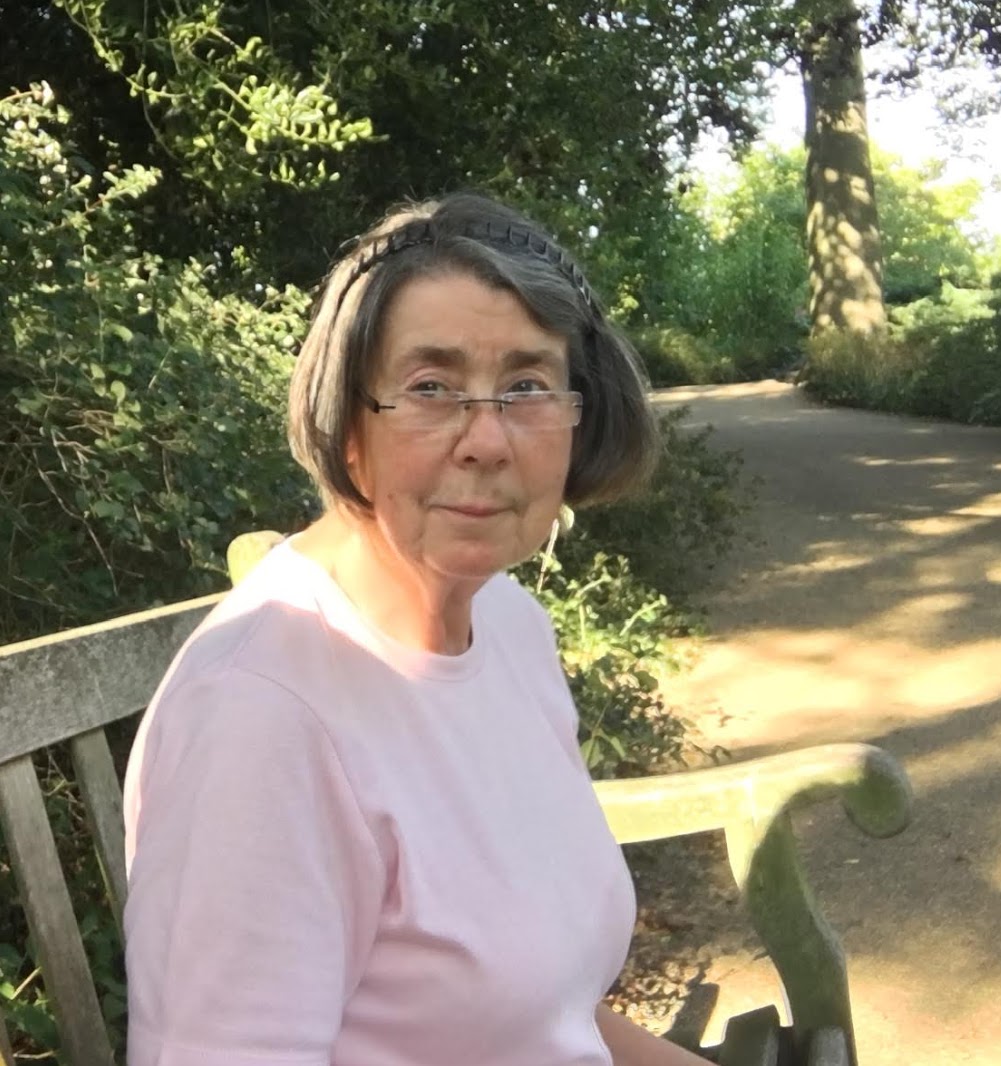
If something was broken, we didn’t buy a new one, we mended it.
Gill Chard
My grandparents lived at number 23, an old terrace house accessed down the ash-gravel lane, with the orchard in front and allotments behind. It brings to mind a snapshot of a time and a place in their lives, and in mine that has long gone, of that old house with its back yard, outside toilet, total lack of any modern convenience and ghosts in the attic. It was like a time warp stuck in the early 1900s, where nothing had changed since the turn of the century. We had basic electricity for lights and my grandparents owned a wireless set, a large piece of wooden furniture that stood on the floor but no other electrical appliances. In the kitchen there was a flat sink with one cold tap, my grandmother still cooked on the old black range which also heated water in a big kettle. The washing machine was the copper in the wash house with a dolly tub and posser and the iron was a flat iron that sat on the hot plate on the range. There was no fridge, the farm delivered milk daily from a churn on a horse-drawn cart and we kept milk cool on the cellar step. Grandma would order eggs, butter, and cheese from them too if she was baking. The heating in the house was one coal fire in the living room, lit every morning by grandma. There were no carpets (or vacuums), the home-made rag rugs were taken outside every day for a good shaking. The wooden floorboards or linoleum was swept daily. Outside the roads were unmade cinder lanes, unmetalled and without tarmac.
I was never bored. I learned to knit, crochet, and cook with my grandma, and I learned to play cribbage and cricket with my grandfather (and all the rules and tricks that go with it). If something was broken, we didn’t buy a new one, we mended it. Winter evenings were spent playing games: dominoes or cards or listening to that big wireless that stood on the floor. In the summer we played outside, rounders and French cricket (a short version of the main game), we played endlessly in the orchards at the end of each other’s gardens, using make-believe and pretend as we didn’t have any ‘toys’. We got very dirty and only had a bath once a week as heating the water to fill the bath was expensive, time consuming and quite a performance. Our necks, ears and knees were checked at the end of each day before we got into bed to make sure we had washed ourselves. At night there was no toilet to visit (it was outside), just a ‘china pot’ that was kept under the bed. A treat was a one-mile walk across the cornfield to Crossgates where Grandma would buy me a small bilberry tart (my favourite) and Grandad would buy me the Dandy comic and then the one-mile walk back home.
My grandfather was strict, a real Victorian you could say. But his strictness was balanced with clear boundaries of what was right and acceptable (and not acceptable) bound together with the strings of his love. When I stayed with them, I lived in a bubble of nostalgia where what I said and what I thought really mattered. Despite the simplicity (or perhaps because of it) and all these limitations we were content and happy, and I don’t ever remember feeling that we had to do without. They didn’t give me anything in terms of objects, things, or possessions, but they gave me something much more precious, their time and their love. And perhaps, in truth, it is all that any of us really need. Even today.